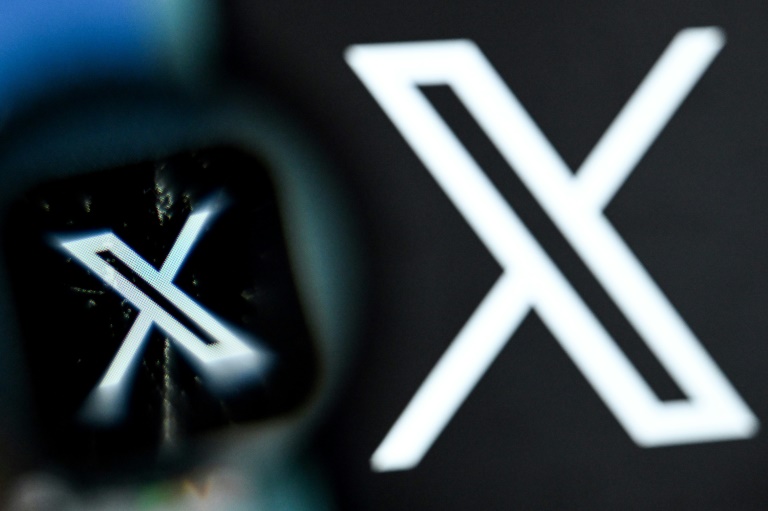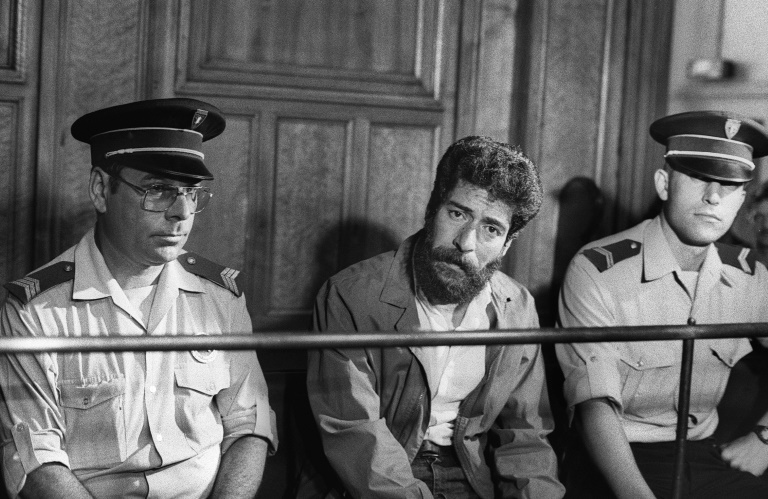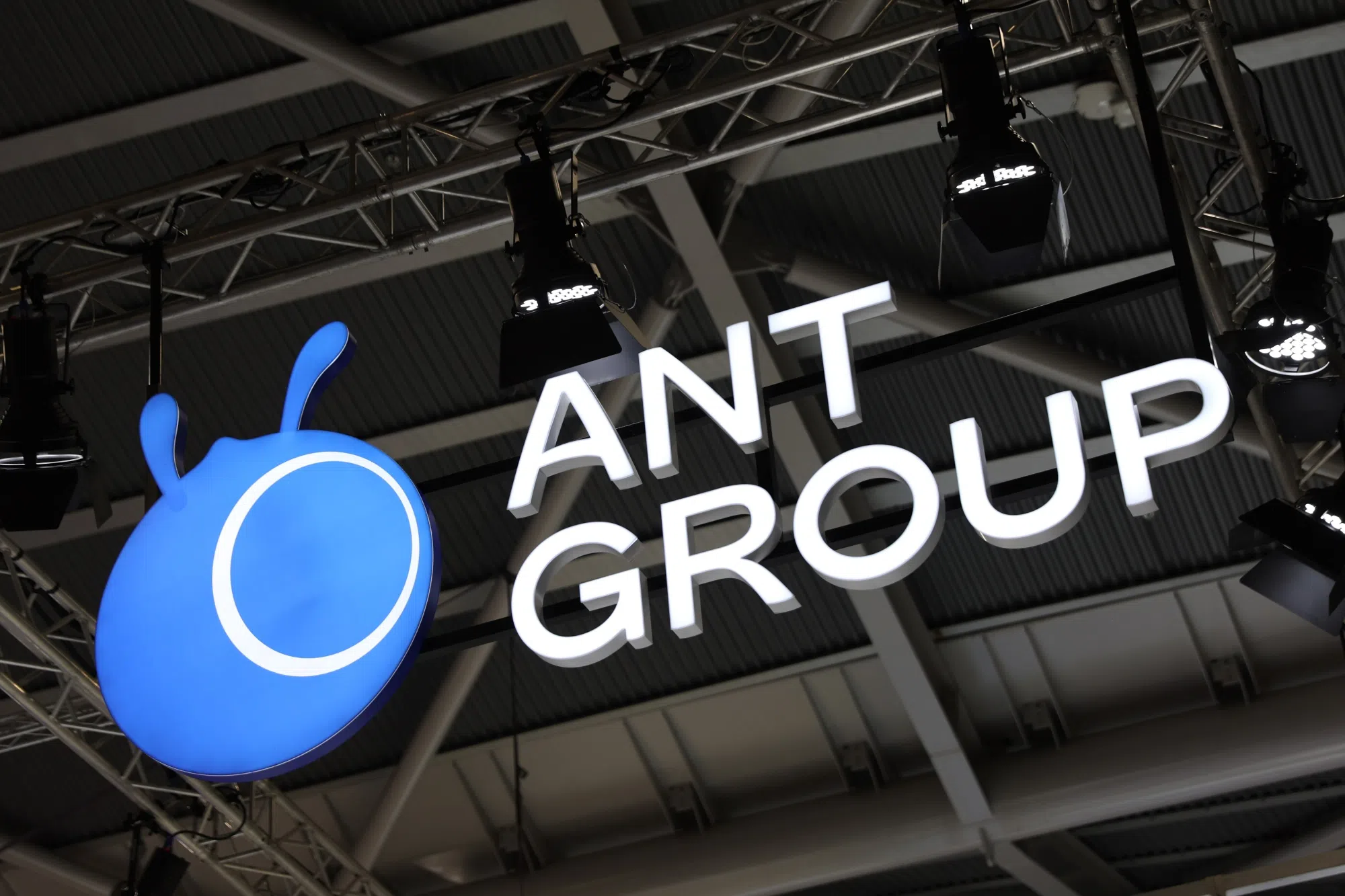Donald Trump’s White House comeback gives his ally Elon Musk a sizeable advantage in a running standoff with EU tech regulators — who may now think twice before fining his X platform over disinformation concerns.
The world’s richest man — as the boss of Tesla and SpaceX as well as the former Twitter — threw his full weight into Trump’s campaign to reclaim the US presidency.
Musk backed the Republican with hard cash but also used his far-reaching social media platform to push pro-Trump messages, including inflammatory disinformation, to his more than 200 million followers.
The bet amply paid off, with a victorious Trump tapping Musk for an outsized role to overhaul the US government — and putting Brussels in an uncomfortable spot.
With the European Union counting on continued US backing to keep an aggressive Russia from its borders, can it really afford to upset Trump by going after a prized ally?
Trump’s future vice-president J.D. Vance even mused on the campaign trail that Washington could drop support for NATO if the EU presses on with attempts to regulate Musk’s X network under a landmark new content law.
“American power comes with certain strings attached. One of those is respect free speech, especially in our European allies,” he warned.
For Musk, hostility to the EU’s Digital Services Act (DSA) is about more than just business: along with supporters on the American right he increasingly paints it as an ideological battle against censorship.
“The election in the US will not impact our enforcement work,” a spokesman for the European Commission — the powerful tech enforcer for the 27-nation EU — told AFP.
But experts are not so sure.
Musk’s X platform was formally accused by the commission in July of misleading users with its blue checkmarks for certified accounts, of insufficient advertising transparency and failing to give researchers access to the platform’s data.
The allegations are part of a wider DSA inquiry into how X tackles the spread of illegal content and information manipulation.
Each offence could theoretically trigger a fine of up to six percent of the annual global turnover of all the companies Musk controls — reaching into the billions.
According to several sources close to the proceedings, the commission was wrapping up its probe — and readying a heavy fine — when its digital chief Thierry Breton quit in September, having been denied a second term by EU chief Ursula von der Leyen.
But the stars have since realigned, with the EU now caught in the headlights for fear the volatile Trump will start a trade war and cut support for Ukraine against the Russian invasion.
With Trump at the reins, enforcing EU tech rules against X may become a matter of politics as much as anything else.
“I’d be surprised if the commission chooses to provoke Trump over something like this,” said Alexandre de Streel, an expert at the Center on Regulation in Europe (CERRE) think tank.
“Transatlantic relations are going to become more complicated — and this probably isn’t the area where they will need to fight hardest,” he said.
“Musk believes the DSA goes too far in how it asks platforms to regulate content — and that is also the view of far-right parties in Europe,” de Streel noted. “It’s become a battle of ideas, and I don’t see Musk folding — especially not now.”
The European Commission also has to factor in Trump’s hard-right allies within the bloc, from Hungarian Prime Minister Viktor Orban to Italian leader Giorgia Meloni.
After Trump’s re-election, von der Leyen stressed the importance of the EU-US “partnership” and a “strong transatlantic agenda” — a stance echoed by Breton’s designated successor as digital enforcer, Henna Virkkunen.
“With war on its doorstep, Europe must think carefully,” said Umberto Gambini, of European affairs consultancy Forward Global. “I don’t think it can afford to upset Trump in these first months.”
Gambini predicts that the commission’s probes into X will keep ticking along but the departure of Breton — who clashed spectacularly with Musk via social media — will offer a chance to reset the relationship.
Already back in August, Brussels had distanced itself from a letter of warning sent by the French commissioner before Musk interviewed Trump live on X.
That said, “if Europe wants to remain credible” in the fight to rein in Big Tech, it “has to keep threatening fines in the billions, not millions”, Gambini said.
But with fragile transatlantic ties in mind, it may choose to focus its firepower on Chinese platforms such as TikTok instead, judged the EU expert.
AFP

AFP







